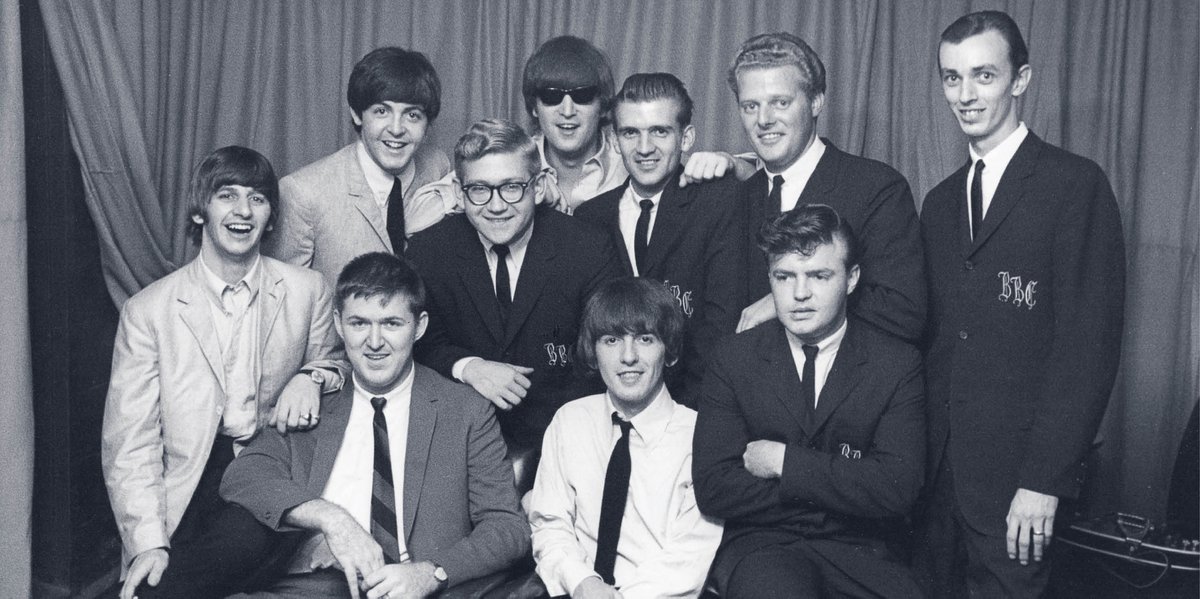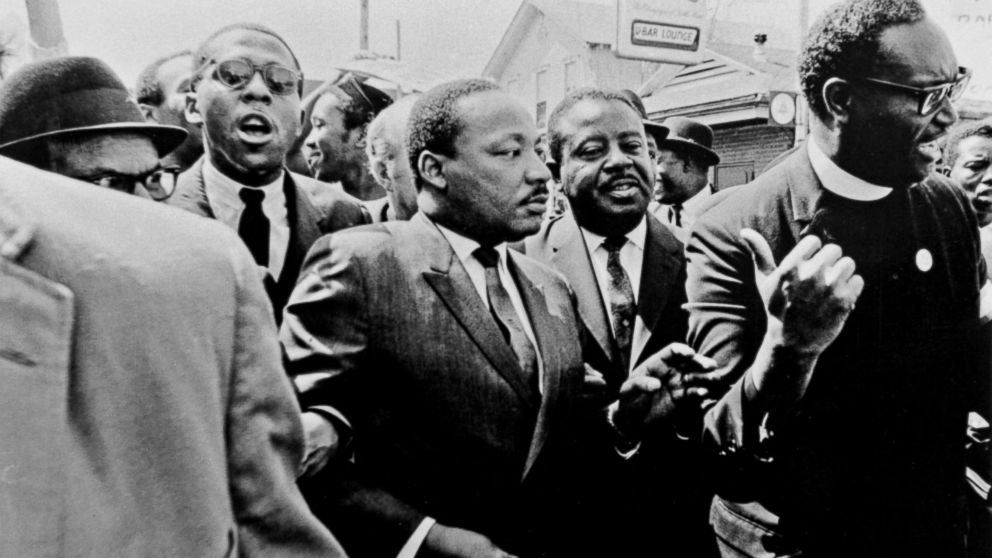A Trip Back Home Through Music and Photographs
I was listening to a recent episode of Fresh Air where Terry Gross is delving into her vast archive of interviews. Her theme for the week of archived episodes: rock n' roll, rockabilly, and R&B.

The gift of growing up where I did was the music. West Tennessee might just be the home of rockabilly, in large part because of Carl Perkins. Perkins, for me, is synonymous with Jackson, Tennessee, which isn't exactly where I'm from but when your hometown is as small as mine, you get used to claiming the closest city of any note; Jackson, for me, was that town.
I've lost track of the number of times I've driven past the Carl Perkins Civic Center. His name was just a part of life so much so that I rarely give much thought to the fact that he's such a big deal.
This isn't to tell you that obvious truth; it's to highlight just how charming he was. His conversation, the second half of this episode, is utterly delightful. His stories are pitch perfect. His voice—its rhythm and timbre and accent—just feel like home.
The first half of the episode is another sweet-sounding soul: Scotty Moore, who was Elvis Presley's guitarist. The stories are great, and they're told with an aw-shucks nonchalance that feels so very of a particular place to me: West Tennessee.
Elvis is another connection to home. Not only because I went to college in Memphis — perhaps the place most associated with Elvis — but because for as much as I was "from" Jackson, Tennessee, I could just as easily have been said to be "from" Tupelo, Mississippi, Presley's birthplace; I lived almost perfectly equidistant between the two.
But listening to Moore talk, I was reminded of another connection to the music of home. He mentioned Bill Black, with whom he played with Elvis. Black would go on to lead another group, Bill Black's Combo.
In its heyday, Bill Black's Combo had a string of hits; by the early 1960s, Black himself was stepping away from the band (he would die by the middle of that decade), but it was carrying on without him. It would end up opening for a little upstart of a band from England on its first American tour: The Beatles.

My great-uncle, Gil Michael, would join that band in the 1970s after — I kid you not — it lost its organ player to Jimmy Buffett's band (my uncle would go on to replace the organist with his lap-steel guitar until one night in Mississippi, it was discovered he played a mean fiddle, too). Bill Black's Combo's sound took a turn toward country with the addition of a new instrument.
Before that, my great-uncle had been playing music with a Memphis rockabilly artist named Eddie Bond, who despite having traveled with and played for Perkins, Johnny Cash, Roy Orbison, and Presley, his greatest claim to fame might have been his biggest mistake: rejecting a young Elvis from his band.
All these connections were brought to mind in a relatively short podcast episode. But the connections to the area and the history of the place doesn't stop there.
Gil was also a professor of photography at my alma mater, the University of Memphis (go, Tigers go), and because of that role, he was the only person trusted, one fateful night in 1968, to come into the Shelby County Jail and photograph Martin Luther King, Jr.'s assassin, James Earl Ray, who'd been captured in London and extradited back to Memphis. For his efforts, Uncle Gil got a swift kick from the killer.

Not long before that, one of Uncle Gil's students, Richard Copley, met with him and learned that a local union — the American Federation of State, County and Municipal Employees (AFSCME) — needed some photos taken. They would go on to include some of the most famous photos of the Civil Rights Movement: the "I Am a Man" photos.

I've spent the better part of the day thinking about these connections back to where I grew up. It was an unexpected reminder of this rich history that, for reasons of closeness and familiarity, I don't often think of. But I'm glad I had reason to today.




Comments